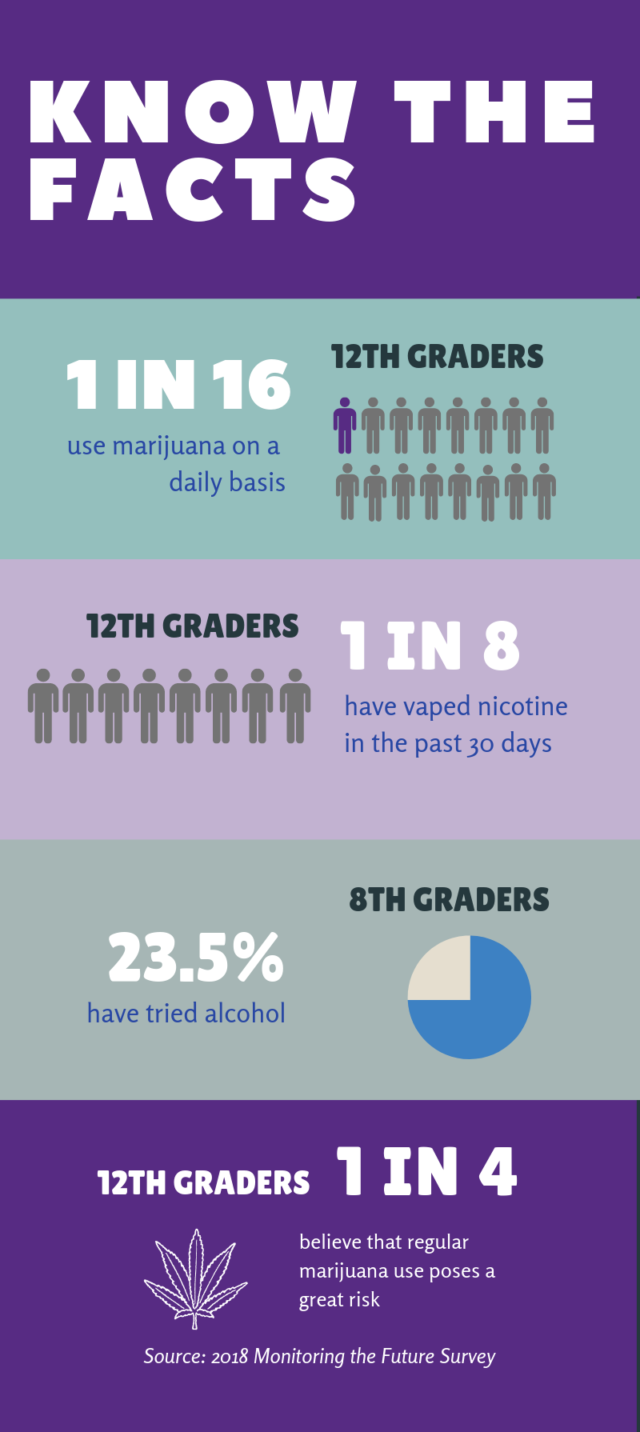Discover The Relevance Of Post-Treatment Care In Substance Abuse Rehabilitation For Sustained Recovery. Check Out Just How Encouraging Networks Can Aid In Preserving Sobriety And Developing A Meaningful Existence
Discover The Relevance Of Post-Treatment Care In Substance Abuse Rehabilitation For Sustained Recovery. Check Out Just How Encouraging Networks Can Aid In Preserving Sobriety And Developing A Meaningful Existence
Blog Article
Write-Up Author-Thrane Butcher
You can't do it alone. Healing from drug dependency calls for a strong support system.
The significance of aftercare in drug rehab can not be overemphasized. In this short article, we will explore the role of therapy, the advantages of treatment, and the foundation given by peer support groups in keeping sobriety.
So, order a cup of coffee, sit back, and let us guide you through the essential actions of post-rehabilitation support.
The Function of Counseling in Aftercare
If you intend to keep your soberness after leaving rehab, it's essential that you continue joining counseling sessions as part of your aftercare strategy.
Therapy plays an important function in your healing journey by offering continuous assistance, guidance, and a secure room to express your feelings and issues.
Via counseling, you can attend to any underlying issues that might have added to your dependency, develop coping approaches, and discover healthier ways to take care of anxiety and cravings.
It allows you to overcome any kind of unsolved feelings and create a far better understanding of on your own and your triggers.
The Advantages of Therapy in Keeping Soberness
To preserve your sobriety, therapy can offer numerous advantages.
- Treatment provides a secure space for you to discover and deal with the underlying issues that might have contributed to your addiction.
- It allows you to resolve your emotions and establish healthier methods of managing stress and anxiety and triggers.
- With therapy, you can acquire a far better understanding of on your own and your patterns of actions, which can assist you make favorable adjustments in your life.
- In addition, therapy provides you with a support system of professionals that are trained to guide and aid you on your journey to recuperation.
- They can offer valuable understandings, tools, and strategies to help you browse the challenges that might emerge.
- In therapy, you can find out to establish healthy coping abilities, develop strength, and improve your general health.
Peer Support System: A Foundation for Lasting Healing
You can discover long-term recovery by proactively participating in peer support system and connecting with others that share similar experiences and goals.
Peer support system supply a safe and non-judgmental room where people in recuperation can come together to share their battles, successes, and understandings. By proactively participating in these groups, you can get the support and encouragement you need to stay on the course of recovery.
Getting in Muse Can Acupuncture Help Drug Addiction 90507 with others who've gone through similar experiences can be extremely equipping, as it assists you understand that you aren't alone in your trip. It likewise allows you to pick up from others who've efficiently overcome similar difficulties. Together, you can celebrate milestones, hold each other accountable, and deal advice and guidance.
With these links, you can build a strong support group that will assist you browse the ups and downs of healing and eventually find enduring healing and change.
Final thought
You have actually discovered the essential role of aftercare in drug rehabilitation. Counseling, treatment, and peer support groups contribute to lasting recuperation. Here's https://notes.io/wdqAB to realize the size of the issue: studies reveal that people that get aftercare therapy are 50% more probable to preserve soberness contrasted to those that do not.
So, envision the transformative power of these support group in helping people reclaim their lives and develop a brighter, drug-free future.
